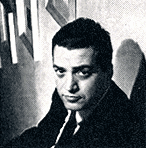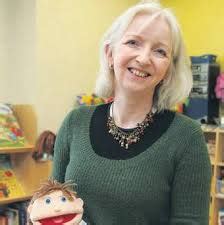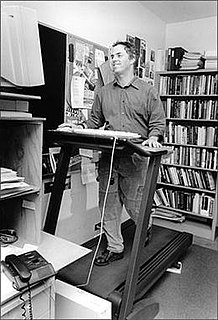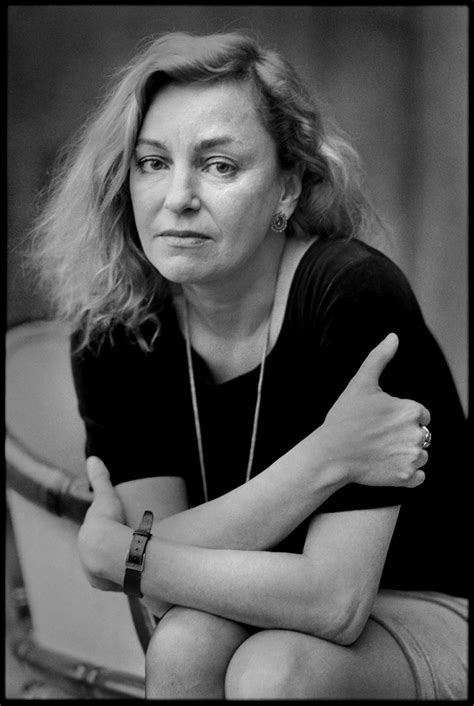A Quote by Jean Piaget
In certain circumstances where he experiments in new types of conduct by cooperating with his equals, the child is already an adult. There is an adult in every child and a child in every adult. ... There exist in the child certain attitudes and beliefs which intellectual development will more and more tend to eliminate: there are others which will acquire more and more importance. The later are not derived from the former but are partly antagonistic to them.
Related Quotes
Whenever reality reinforces a child's fantasied dangers, the child will have more difficulty in overcoming them...So, while parents may not regard a spanking as a physical attack or an assault on a child's body, the child may regard it as such, and experience it as a confirmation of his fears that grown-ups under certain circumstances can really hurt you.
The appeal of science fiction has always been its iconoclasm . . . But in order to be an iconoclast, an author must be more than merely aware of the idol he wishes to destroy. He must be intimate with it and understand it in all its aspects. This means that he must have devoted serious thought to it, and have beliefs of his own which will stand up in the place of the broken idol. In other words, any child can complain, but it takes an adult to clash with accepted beliefs . . . an adult with ideas.
A child is an eager observer and is particularly attracted by the actions of the adults and wants to imitate them. In this regard an adult can have a kind of mission. He can be an inspiration for the child's actions, a kind of open book wherein a child can learn how to direct his own movements. But an adult, if he is to afford proper guidance, must always be calm and act slowly so that the child who is watching him can clearly see his actions in all their particulars.
Games are a trigger for adults to again become primitive, primal, as a way of thinking and remembering. An adult is a child who has more ethics and morals, that's all. I am not creating a game. I am in the game. The game is not for children, it is for me. It is for an adult who still has a character of a child.
We do not put enough emphasis on early childhood years. We neglect children in this society; as a society we're guilty of child neglect. If we could eliminate the vestiges of racism, if we could develop a more powerful agenda for child care, child development, and a more powerful education system, we could prevent a lot of the incapacities which in turn tend to generate structural unemployment.
The little world of childhood with its familiar surroundings is a model of the greater world. The more intensively the family has stamped its character upon the child, the more it will tend to feel and see its earlier miniature world again in the bigger world of adult life. Naturally this is not a conscious, intellectual process.
Not every child learns for the same purpose, not every child thrives in the same settings and schools. Limiting a child to just one opportunity does nothing more than limit that child's future. The way forward must involve more public charter schools, which offer parents a tuition-free alternative to their neighborhood school.
I realize that some people will not believe that a child of little more than ten years is capable of having such feelings. My story is not intended for them. I am telling it to those who have a better knowledge of man. The adult who has learned to translate a part of his feelings into thoughts notices the absence of these thoughts in a child, and therefore comes to believe that the child lacks these experiences, too. Yet rarely in my life have I felt and suffered as deeply as at that time.





































